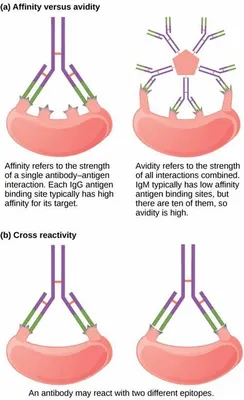
Challenging Immunology Quiz
Test your knowledge in immunology with this 10-question quiz! Choose the best answer from the options for each question and check if you have what it takes to ace this quiz and become a master immunology expert.
published on May 29, 2023
